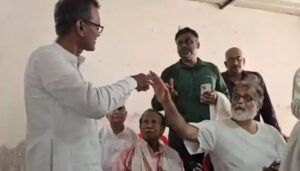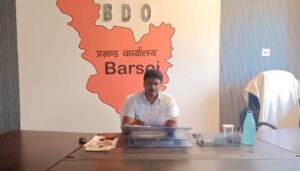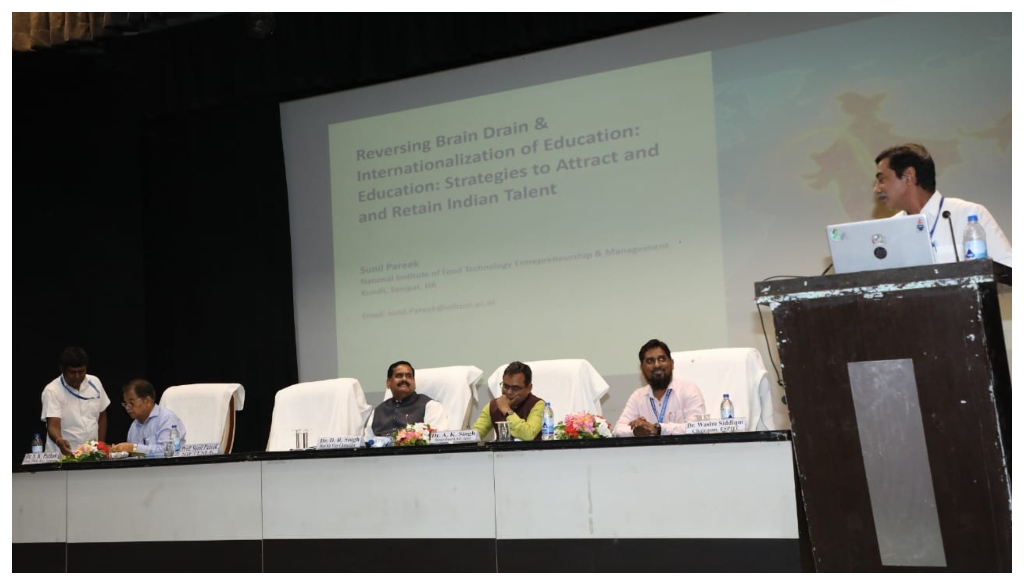
Sabour: A high-level brainstorming lecture on “Raising State Public Universities to Global Standards, Internationalisation of Education and Talent Return” was organised at Bihar Agricultural University (BAU), Sabour, on July 7.
Addressing the session, Sunil Pareek from the National Institute of Food Technology Entrepreneurship and Management said that India, despite producing the highest number of STEM graduates globally, contributes less than 0.5% to world patents. He flagged the growing brain drain problem, highlighting that the number of Indian students studying abroad has doubled in the last five years, mainly to the US, Canada, Australia and the UK, and that more than 75% of them do not return.
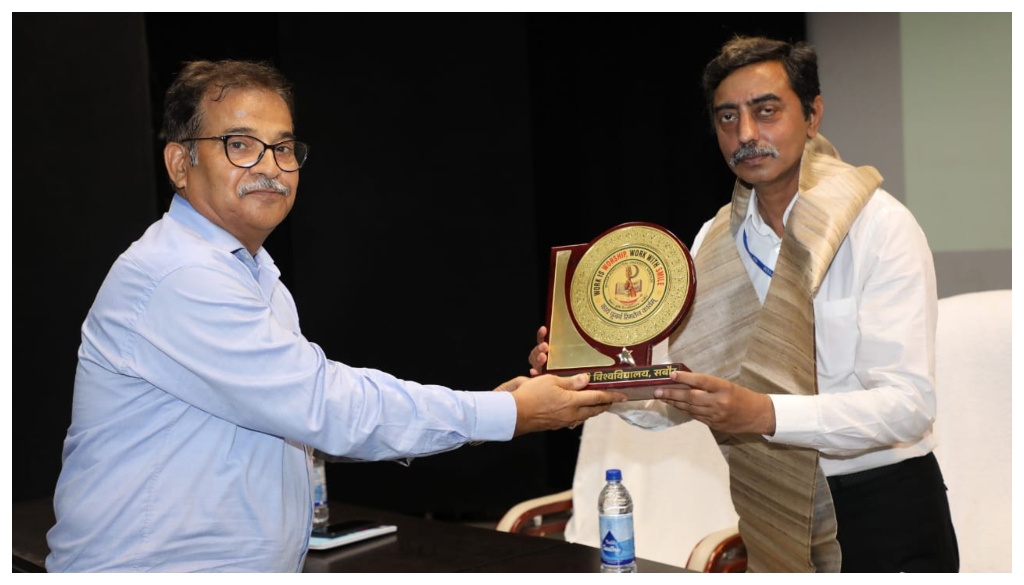
Pareek estimated that India loses about USD 17 billion – roughly Rs 1.4 lakh crore – annually due to brain drain. He suggested that even if 1% of talent returns, India’s GDP could rise by USD 2 billion (around Rs 16,600 crore) every year. Citing successful models such as China’s “Thousand Talents Program”, he called for a thorough SWOT analysis of India’s talent strategy, increased R&D investments to 2% of GDP, and the removal of administrative bottlenecks hampering research.
He proposed establishing International Student Offices and strengthening programmes like GIAN, VAJRA and Atal Innovation Mission to foster international research collaborations.
The session was presided over by D. R. Singh, Vice Chancellor of BAU, who presented several case studies to promote student retention, institutional transparency, research autonomy and internationalisation of education. D. R. laid out a vision to increase farmers’ annual income to Rs 10-12 lakh by 2047 and improve the university’s global ranking through academic excellence and global partnerships.
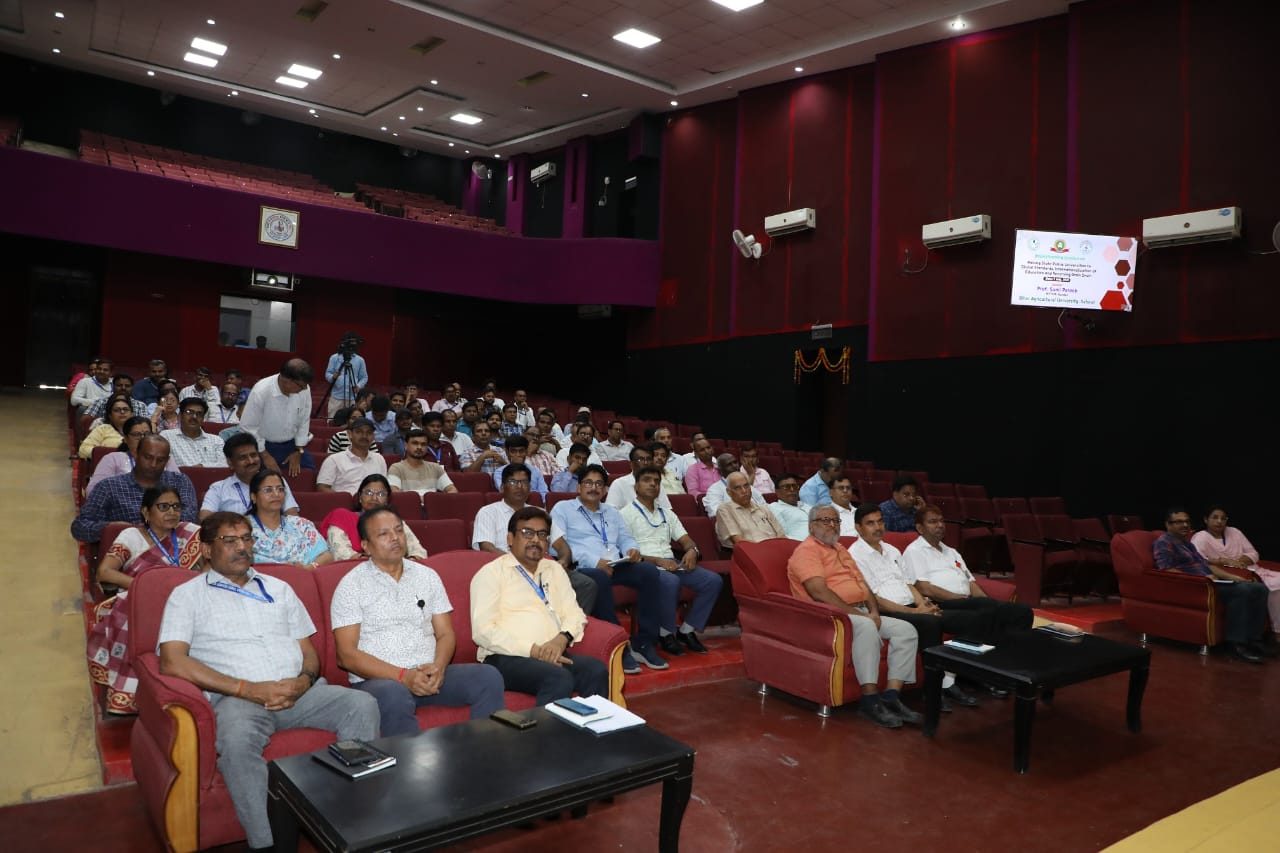
“Our mission is to make BAU Sabour a leading university in the world. Education should not just retain talent, but also bring it back,” D. R. said.
The lecture was attended by A. K. Singh, Research Director; S. K. Pathak, Dean of Postgraduate Studies; heads of departments; faculty members; and researchers. The discussion concluded with concrete action plans to integrate the National Education Policy 2020 with global academic standards to make India a ‘Vishwaguru’ in higher education.

